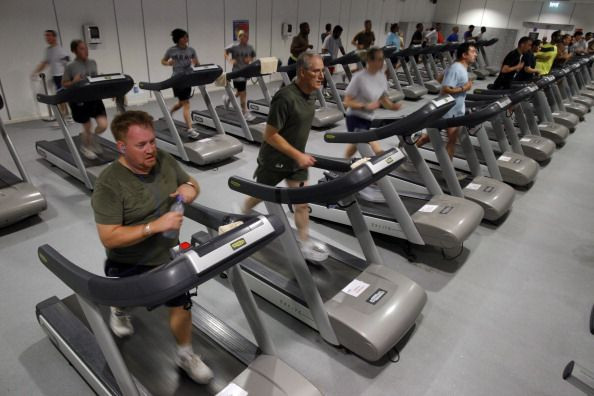How To Cure Depression Without Medicine: Exercise Can Act As Antidepressant, Study Says

Working out may be the best medicine for depression, a new study has found. Scientists reviewed old research data taken from over a million men and women and found that exercising affects the brain and body in a manner which can keep depression at bay, the New York Times reported Wednesday.
More than 1,140,000 adults participated in the study, and those who exercised less were found to be 75 percent more likely to be diagnosed with depression compared to those with higher fitness, the study found. Not as fit men and women who fell in the middle-third were found to be 25 percent more likely to develop depression.
A study published in Preventive Medicine in October evaluated whether low levels of cardiorespiratory fitness are associated with a higher risk of depression. Researchers found that the physical activity helped to reduce depression.
Some studies have provided doubt about the connection of the mind and body, the New York Times noted. In one study, researchers considered exercising as a successful method for treating depression. However, they did not determine if exercise would be effective for those suffering from major depressive disorder (MDD). Past studies have found that simply walking frequently can ease symptoms of major depression.
Another study which used subjects suffering from depression and those suffering from MDD found that those who exercised at a moderate or arduous pace experienced an improvement in their depression. “Exercise has a large and significant antidepressant effect in people with depression (including MDD),” the study published in the Journal of Psychiatric Research in June stated.
Despite the positive results, researchers have said there is more work to be done. The lead authors of the three study reviews are expected to further evaluate the extent of exercise that needs to be done and the amount of time required to prevent and treat depression.
© Copyright IBTimes 2024. All rights reserved.






















